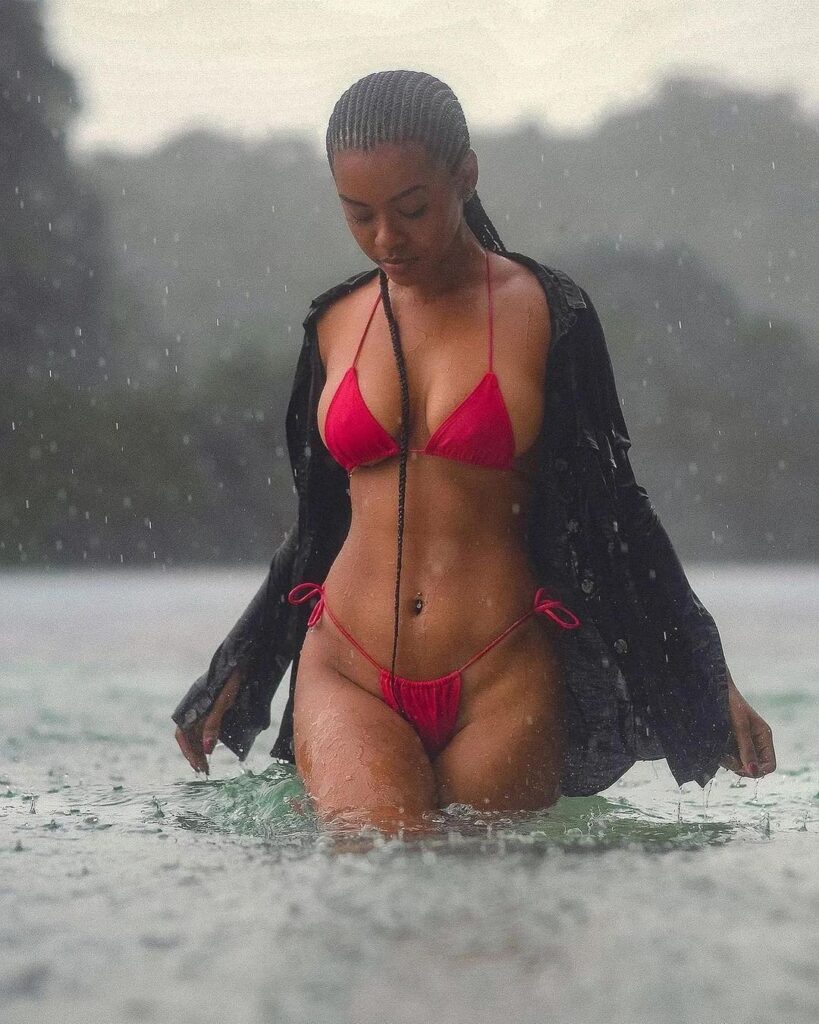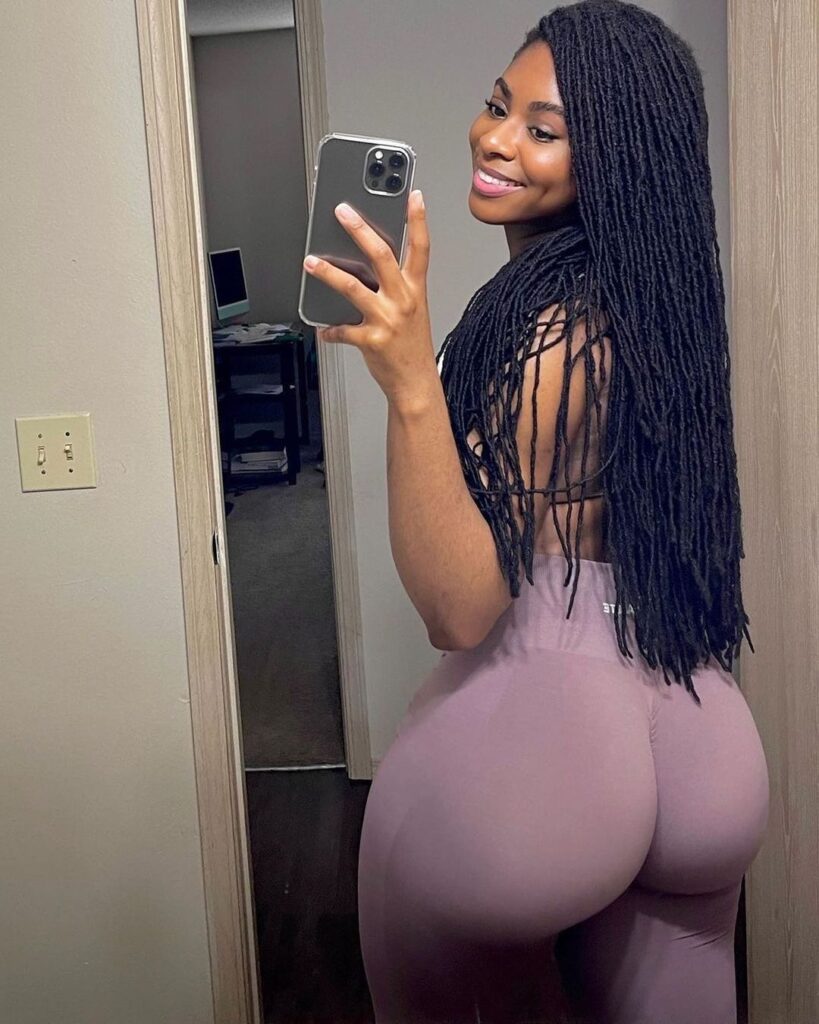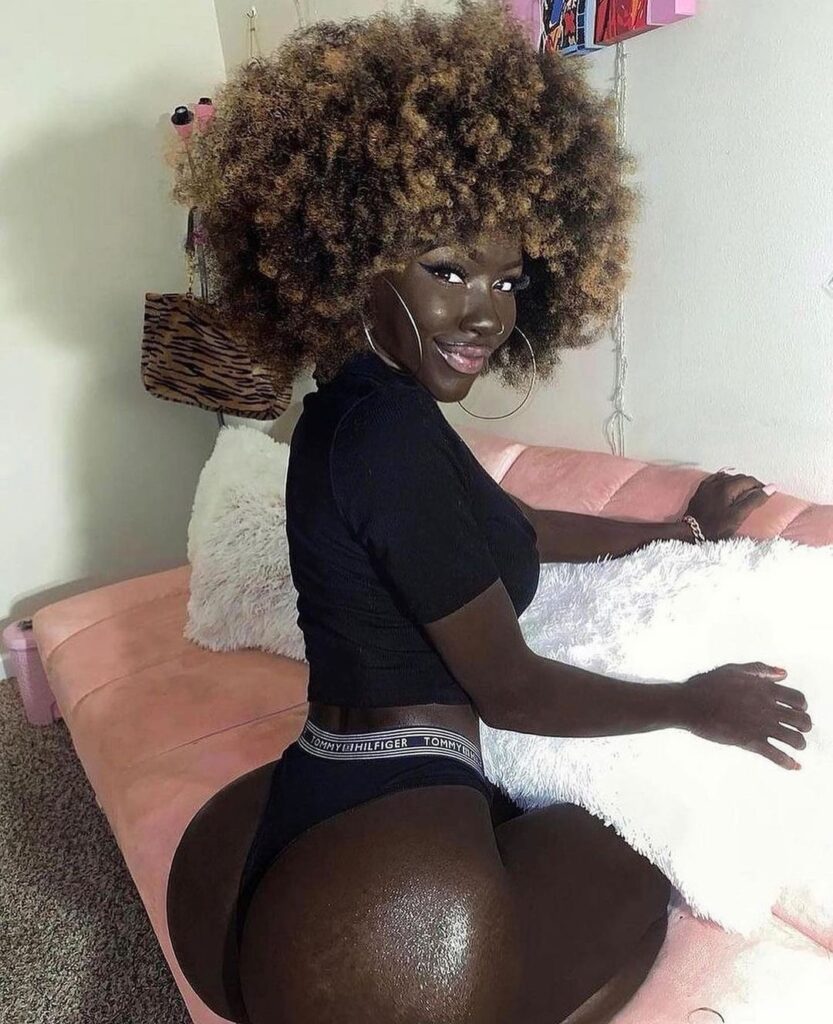A traditional dress and dowry requirements are just a few things to consider before getting married in Nigeria. The following article explains how to get married in the Igbo culture, as well as the Order of seniority in Igbo families. It also includes the styles of dresses and traditional attire. If you are planning to marry a Nigerian man, here are some things you should know. You will be amazed by the diversity of Nigerian culture!
Traditional attire
There are two main styles of bridal dress used in Nigerian weddings. The first is the aso-ebi, which means “family clothes”. It distinguishes the bride’s family from her groom’s family and friends. Initially a Yoruba element, aso-ebi has spread throughout many tribes in Nigeria and Africa. In the wedding of two Nigerian families, both women wear a white dress.

The traditional attire for Nigerian brides can be very stunning and can make any bride look magnificent. The attire transforms the bride into an ethereal beauty. It also keeps everyone’s gaze on her. To get the full effect, the bride should choose the right hairstyle and makeup. The wedding gown should also be paired with a veil. The traditional outfit may also contain coral beads and wrappers. The bride’s make-up should be perfect.
The traditional attire for the bride includes a long robe and a blouse. Many women also opt for earrings and beaded capes. The bridal party wears matching attire. Traditionally, both the bride and the groom wear the same colours. The bridal party sources its outfits from a seamstress. In some regions, a bride chooses to wear a robe made of dark material called henna.
The wedding attire for a Nigerian bride can come from any part of the country. The groom is clearly Igbo, but the bride wears an off-shoulder gown with slits and bead embellishments. Some brides choose to wear a traditional headwrap that is decorated with coral beads. Other brides choose to wear ready-made wigs instead. Some women also choose to wear a traditional wedding wig for convenience.
Dowry requirements
The custom of paying a bride price, or dowry, is common in many communities in Nigeria. It’s a tradition that dates back nearly 2,500 years. In Imo State, the government commissioned the State Branch of the National Council of Women’s Societies of Nigeria to study the issue, but they ultimately rejected the report and passed the Limitation of Bride Price Law in 1981. This law makes it illegal to waive the dowry requirements of Nigerian brides.
The amount of dowry required for a Nigerian bride varies. The bride’s parents typically request a certain amount of money, and this is paid before the traditional wedding ceremony. The amount of the dowry is decided by both families; the two families will discuss it before the wedding ceremony. In modern times, the dowry amount can be negotiable and negotiated. The bride’s parents and her future husband are ultimately responsible for the dowry amount.
The amount of dowry can be divided into four categories. The bride price is usually divided into four categories. Gifts for the bride’s daughters are given among her extended family members. Items included in the bride price include Igbo lace blouses, Igbo Ichfu scarves, wrappers, shoes, and jewelry. Goldplated items are appropriate. Other gifts include a large suitcase or a large umbrella.
Order of seniority in Igbo families
Igbo kinship is a highly individualized system of family kinship, and there is no easy pattern to follow. In the Omaha system, members of the mother’s partilineage are considered special. Igbo family kinship is based on generational and seniority distinctions, with a strong emphasis on familial relationships. The Igbo language distinguishes between basic descent lines and reveals fundamental principles of family social organization.
Historians have proposed two hypotheses about Igbo origins. The first is that the people originally came from a nuclear area. However, they have a long history of trading, and it has surpassed farming in some Igbo communities. A major problem facing any Igbo culture historian is the dearth of archaeological data. Because of this, a common history has not been found for Igbo people.
The Igbo people live in small and compact villages centered around a central square. These villages are surrounded by oil palms and have a thatch-roofed mud resthouse in the middle. This central square is also used for ceremonies and meetings. Each village has a specific festival celebrating different occasions, including the new year and the end of the agricultural cycle. It’s not uncommon for Igbo people to celebrate Christmas and the Nigerian Independence Day.
The Igbo language recognizes the spiritual causes of diseases. In Igbo language, the chief priest of each shrine is known as the Ezenagu. The Ezenagu is a very powerful figure and a treasure of the Igbo culture. A masked initiate may be severely punished for the wrongdoing, and the mask is the emblem of the community.
Style of dress
When choosing the style of dress for Nigerian brides, you will need to consider your ethnic background. The dress you will wear must go with the color scheme of the wedding ceremony. You should also choose a decent style that doesn’t distract from the bride. If you’re planning to get married in a foreign country, you can opt for a western style. However, if you’re getting married in Nigeria, you should wear a traditional dress.

If you’re looking for a unique style, you can go for custom-made or couture dresses. Many African women love unique designs, and it’s not hard to see why. Often, wedding guests are expected to wear matching outfits. That way, you’ll stand out amongst the sea of other African brides. A few tips for choosing a wedding gown for a Nigerian wedding will help you choose the perfect dress for your big day.
A traditional Nigerian wedding gown is usually very versatile. Many Nigerian brides keep the dress simple and make jewelry her statement piece. Swarovski crystals, an asymmetrical bow, and even diamantes are common accessories for a traditional Nigerian wedding dress. The asymmetrical bow at the top of the dress will emphasize your ethnicity and make you stand out from the crowd. If you want to make your wedding a cultural celebration, consider purchasing traditional Nigerian fabrics.
Headpieces
In the traditional wedding of a Nigerian couple, a headpiece is traditionally worn by the bride. In addition to the traditional headpiece, other wedding accessories are also worn by the bride, bridesmaids, and guests. Depending on the culture, these accessories may be worn alone or with a veil. To find the most appropriate headpiece for your wedding, you will need to learn about the wedding traditions and culture of the bride.
A Nigerian bride can wear a traditional headpiece called the gele during her wedding ceremony. Her family members and bridesmaids may also follow suit. Grooms, however, may wear the traditional headpiece called the Fila. These headpieces are typically made from a fabric that is handmade from natural fibers and can be purchased from any African or Nigerian store. They can be made from various materials, depending on the theme and design of the wedding.
The traditional headpiece for a Nigerian bride may also be a kente-weaved tiara. In addition to being woven from animal hide, headpieces for Nigerian brides can also be made of various fabrics and colors. The wedding dress, the buba, is traditionally made from the same material as the wrapper. White lace blouses are particularly festive. The headpiece, called a gele, is usually made of an ornate fabric, known as ‘aso oke.’ This traditional piece may also be adorned with other ethnic accents.
Food
Food for Nigerian brides includes small chops, roasted chicken, fried fish, and catfish soup. Then, there are the desserts. Some people choose to serve Western food at their wedding, while others stick to local fare. The food for Nigerian brides should include both Western and traditional dishes. Here are a few ideas to help you plan a delicious menu. Ultimately, your Nigerian bride will be happy with the meal you choose.

For starters, serve small chops and Jollof rice. Jollof rice should be a firewood variety, which you can make yourself or buy in Nigeria. You can also serve Jollof rice alongside fried rice for an authentic Nigerian wedding. This rice dish compliments the main meal. Make sure to leave a little room on the plate so that guests don’t get too full. Lastly, don’t forget the dodo and rice.
At the wedding, the groom and his family must take part in a kola nut ceremony, where they’re blessed before breaking. The more pieces they have, the more luck they’ll have together. If the bride is a Yoruba, the groom is expected to prostrate before the bride’s family. The female guests will attend the Wuni ceremony, which is a ladies-only party in the Hausa community. The bride’s family and friends will come to celebrate with her. The bride’s friends can get henna painted on their hands and feet.

